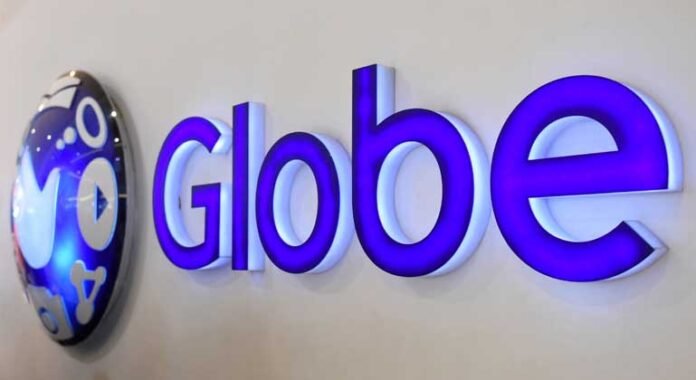Telecommunications giant Globe Telecom Inc. is shifting its focus to the low-cost segment to grow its customer base as the broadband market in the Philippines nears saturation.
In order to meet the growing requirements of low-income families for connectivity, Globe is improving its approach and providing prepaid internet to them.
As the postpaid market approaches saturation, telcos should consider expanding into underdeveloped areas, according to Abigail Cardino, vice president and head of brand marketing for Globe’s broadband division.
Globe has a 23 percent share of the broadband market in 2023, trailing only PLDT Inc. (49 percent) and Converge ICT Solutions Inc. (28 percent). There were 7.6 million subscribers across PLDT, Converge, and Globe combined—a 13 percent decrease from 2022.
We think that the postpaid fiber section of the broadband industry is getting close to saturation. Cardino told The STAR that future growth prospects would come from meeting the broadband requirements of homes in the [socioeconomic class] D sector.
Globe’s declining user base resulted in a 7% decline in its broadband revenues, which fell to P25.11 billion in 2023 from P27.09 billion in 2022.
The telecom company suffered a 32% drop in broadband users over that time, from 2.56 million to 1.75 million, but it is still optimistic that it would regain its lost base starting in 2024.
Globe’s low-cost GFiber Prepaid service, which offers unlimited internet for just P699 a month, saw a 53 percent growth in client acquisition in the first quarter.
“GFiber Prepaid has received favorable evaluation that emphasizes its strengths, which include its totally digital experience, cost, dependable network connectivity, and easy loading. Globe’s grasp of the demands of the prepaid consumer market is demonstrated by the 53 percent increase in acquisitions made in the first quarter of this year, according to Cardino.
In order to make the most of its current resources, Globe is also cutting back on the capital costs associated with expanding its broadband network. Its P55 billion in capital expenditures for 2024 are mostly going to be used for the improvement of mobile infrastructure.
“With the ample capacity from fiber rollouts over the past three years, we are shifting our fiber focus from rollout and expansion to port utilization,” Cardino stated. “The P55 billion in capex guidance for 2024 will be invested mostly in the mobile network.”
Globe anticipates robust customer demand even though it believes the broadband market is saturated, particularly as devices like PCs and tablets become more reasonably priced.





